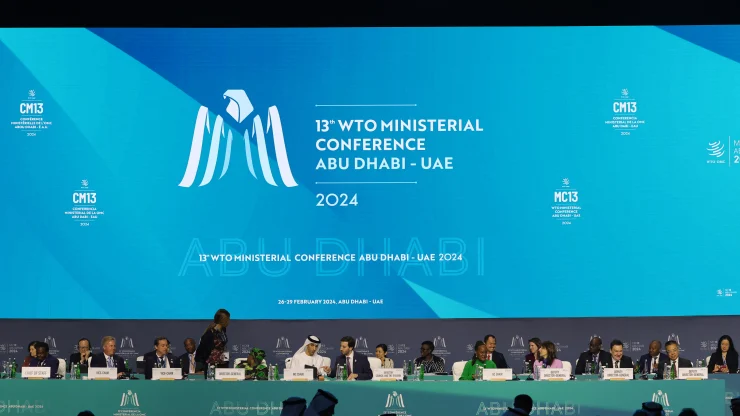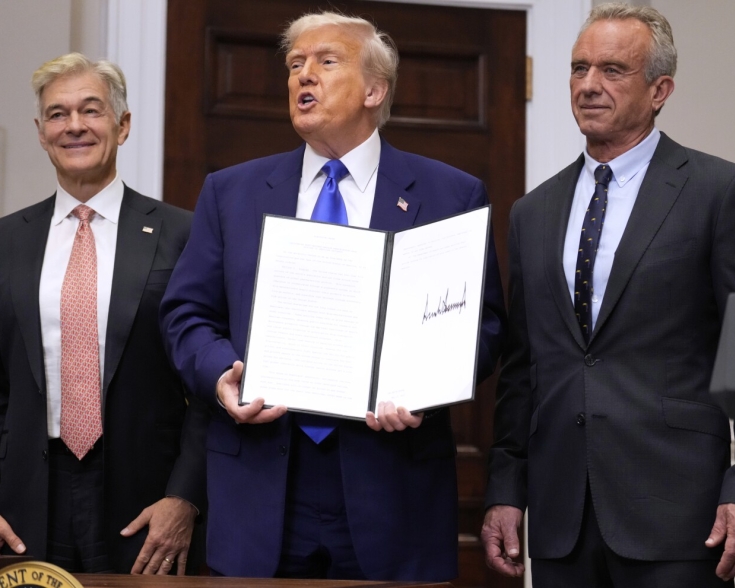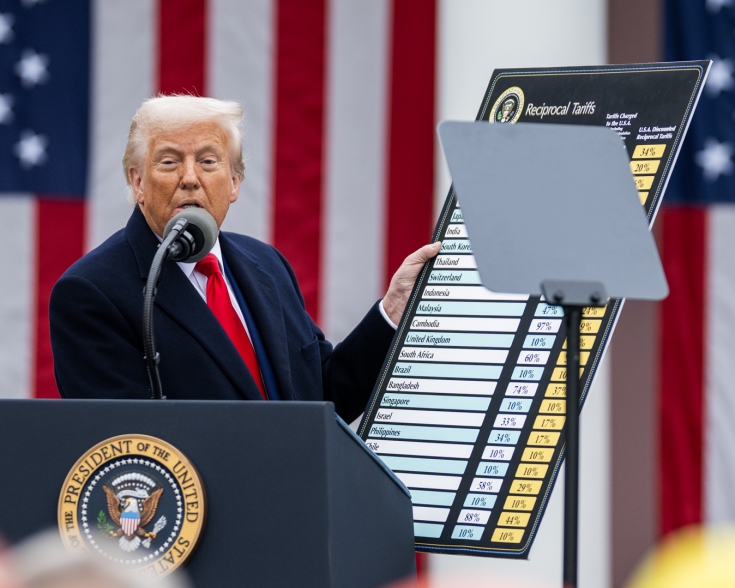WTO 13th Ministerial Conference: No Major Reforms But Ban On Electronic Transmissions Extended

The 13th Ministerial Conference (MC13) of the World Trade Organization (WTO) was held in Abu Dhabi, UAE from February 26 to March 2, where ministers from across the world convened to assess the global trade system and strategize on the forthcoming agenda of the WTO. Even though discussions stretched beyond the scheduled time, delegates observed that the WTO member countries failed to produce meaningful outcomes and ended without any commercially meaningful trade agreements. Among the key issues that were at stake during the conference includes fishing subsidies, digital trade, dispute settlement, food security, COVID-19 treatment patent waivers, and accessions.
While consensus remained elusive on many fronts, one of the biggest achievements of the ministerial was maintaining a ban on the collection of tariffs on digital goods and other electronic transmission. Since 1998, there has been a consistent practice among members to prolong to what is referred to as an e-commerce moratorium, wherein members agree not to levy customs duties on e-commerce activities. At MC13, ministers opted to extend this moratorium until the MC14 or March 31, 2026, whichever occurs earlier. Additionally, the Ministerial Decision directs officials to enhance their efforts in advancing electronic commerce, with a specific emphasis on its developmental aspects. This year, India, South Africa, and Indonesia initially rejected the extension of the moratorium, arguing that developing countries were losing potential revenue generated by imposing tariffs on digital goods imports. Indonesia earlier stated that between 2017 and 2020, developing countries missed out on “USD 56 billion” in tariff revenue from the imports of just 49 digital products. Given the significant volume of e-commerce transactions, the decision to extend the moratorium on customs duties is crucial for numerous businesses globally, irrespective of their size. Business executives cautioned that allowing the moratorium to lapse might unleash unforeseen challenges, potentially escalating the cost and complexity of conducting online commerce. Moreover, it could potentially hinder cross-border social media interactions and email transmissions.
The tumultuous geopolitical landscape, heightened by elections in around 60 nations this year, played a key role in preventing trade ministers from concluding crucial agreements, particularly in domains such as fisheries and agriculture. MC13 affirmed the WTO's capacity to establish fresh global trade regulations and deter a scenario where competing economic blocs lead to increased prices for both consumers and businesses, amidst rising considerations in national security, labor rights, and domestic politics.









